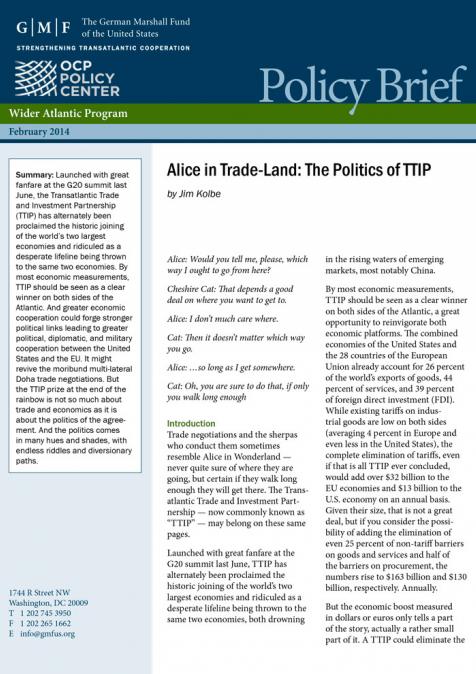Publications /
Research Paper
The Policy Center for the New South, in collaboration with Economia HEM Research Center and the LARGEPA Laboratory of the Paris II Panthéon Assas University have conducted a 3-year study on emergent leadership through the ADEL community. This study, titled “Emerging Leaders: Leveraging Networks, Political Skill and Self-Leadership” has been conducted by researcher Yasmina El Kadiri, in collaboration with Taoufik Benkaraache and Hammad Sqalli, with the participation of Lilia Rizk. The report, published in March 2022, examines the characteristics and qualities that define successful emerging leaders in various fields, including politics, business, and civil society.
By analyzing more than a hundred Atlantic Dialogues Emerging Leaders, the study aims to provide insights on how emerging leaders can be identified, nurtured, and supported to drive positive change and progress in their respective spheres of influence.
Results
Findings uncovered three key drivers of early and accelerated leadership emergence among young professionals: political skill, self-leadership, and networks.
These three interacting components connect cognitive and behavioral dimensions and are core transformational levers for emerging leaders.
Self-leadership impacts human capital via three strategies: behavioral strategies, positive thinking strategies and intrinsic motivation strategies.
Political skill feeds emerging leaders' social capital by developing and harnessing the following four capabilities: social astuteness, interpersonal influence, networking ability and apparent sincerity.
Incorporating these young professionals into local and global networks appears to catalyze the emergence of young leaders through exposure, visibility, personal branding, impression management, and the building of a reputation and an e-reputation that these physical and virtual networks enable.
Cross-cultural research indicates that emerging leaders from both South and North have similarities in political skill and membership in professional networks, which is known as cross-vergence. However, leaders from Southern countries tend to use self-leadership strategies and practices more. Gender differences were not observed, and there were few differences in network membership, indicating that there is greater convergence of leadership practices and abilities among Gen X and Gen Y.







